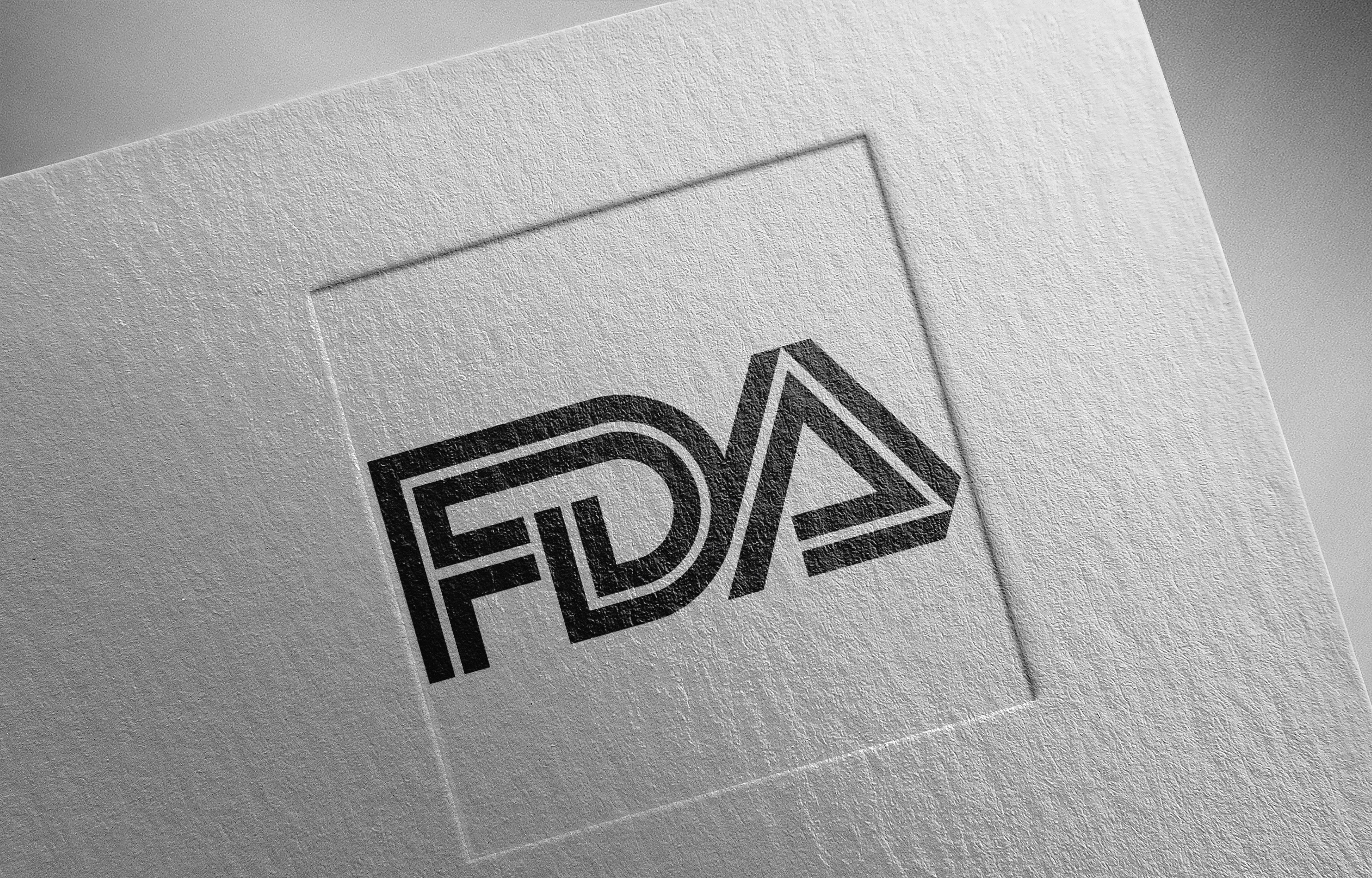FDA news in pedatrics: March 2025
A look back at the FDA submissions and regulatory decisions in the pediatric health care space from March 2025.
FDA news in pedatrics: March 2025 | Image Credit: © Araki Illustrations - © Araki Illustrations - stock.adobe.com.

Another month has come and gone, and with it, several FDA approvals and regulatory updates related to the ever-evolving landscape of pediatric health care.
In our March monthly recap, we list our top FDA-related news items so you can stay informed in an easy-to-read and quick setting.
This month, we saw the expanded approval for a game-changing epinephrine nasal spray, a pediatric myopia treatment application accepted by the FDA, and much more.
Take a look at our detailed coverage of FDA-related news from March, and easily stay in touch with our digital newsletters that bring you practical information for today's pediatrician.
Click the title of each story below for our full coverage of that regulatory update.
FDA updates in pediatric care: March 2025
1. FDA approves neffy 1 mg for anaphylaxis in children aged 4 years and older
On March 5, 2025, ARS Pharmaceuticals announced the FDA approval of neffy 1 mg, a needle-free epinephrine nasal spray, for children aged 4 years and older weighing 33 to 66 lbs to treat type I allergic reactions, including anaphylaxis. Based on pharmacokinetic and pharmacodynamic studies demonstrating comparable efficacy to injectable epinephrine, neffy becomes the first non-injectable epinephrine treatment available for this pediatric population. The product is expected to launch in the U.S. by the end of May 2025, with initiatives like the neffyinSchools program aiming to improve accessibility in school settings.
2. FDA accepts NDA for SYD-101 to treat pediatric myopia
On March 11, 2025, Sydnexis announced the FDA's acceptance of a New Drug Application for SYD-101, a low-dose atropine formulation for pediatric myopia. Based on data from the STAR study, the largest clinical trial for myopia treatment, SYD-101 demonstrated significant efficacy in slowing myopia progression with a favorable safety profile. The FDA has set a Prescription Drug User Fee Act (PDUFA) target action date of October 23, 2025.
3. FDA approves gepotidacin for uncomplicated UTI treatment in females 12 years and up
On March 25, 2025, GSK announced the FDA approval of gepotidacin (Blujepa) for the treatment of uncomplicated urinary tract infections (uUTIs) in females aged 12 years and older. Based on phase 3 EAGLE-2 and EAGLE-3 trials, gepotidacin demonstrated superior efficacy to nitrofurantoin in EAGLE-3 and a favorable safety profile, with gastrointestinal adverse events as the most common side effects. As the first-in-class triazaacenaphthylene antibiotic, gepotidacin offers a novel oral treatment option amid rising antibiotic resistance, with U.S. launch planned for the second half of 2025.
4. FDA approves diazoxide choline extended-release tablets for hyperphagia in Prader-Willi syndrome
On March 26, 2025, the FDA approved diazoxide choline extended-release tablets (VYKAT XR; Soleno Therapeutics) to treat hyperphagia in individuals aged 4 years and older with Prader-Willi syndrome (PWS). VYKAT XR, a once-daily formulation, received priority review, breakthrough, fast track, and orphan drug designations. The approval is supported by phase 3 trials demonstrating significant improvements in hyperphagia and behavioral symptoms compared to natural history data. Experts emphasize its potential to alleviate the burden of PWS for patients and caregivers.
5. FDA approves fitusiran for hemophilia A, B patients aged 12 years and up
On March 28, 2025, the FDA approved fitusiran (Qfitlia; Sanofi) as a routine prophylaxis to reduce bleeding episodes in patients aged 12 years and older with hemophilia A or B, with or without inhibitors. Administered subcutaneously once every two months, fitusiran lowers antithrombin levels to increase thrombin activity, enhancing clotting ability. Approval was based on phase 3 trials showing significant reductions in annualized bleeding rates. The treatment carries boxed warnings for thrombotic events and gallbladder disease, with additional precautions for liver toxicity.
6. Navepegritide NDA submitted to treat children with achondroplasia
On March 31, 2025, Ascendis Pharma submitted a new drug application (NDA) to the FDA for navepegritide (TransCon CNP) to treat children with achondroplasia. The investigational prodrug, administered once weekly, delivers continuous exposure of active CNP to growth plates and other tissues. The submission is based on data from three randomized trials, including the ApproaCH Trial, which showed a statistically significant increase in annualized growth velocity. Navepegritide also demonstrated improvements in muscle function and leg bowing, with a safety profile comparable to placebo. Ascendis plans a European submission in Q3 2025.
Omalizumab outperforms oral immunotherapy in treating multi-food allergy
March 27th 2025A new clinical trial has found that omalizumab (Xolair; Genetech, Novartis) is more effective than oral immunotherapy (OIT) in treating multi-food allergy in individuals with severe allergic reactions to small amounts of common food allergens.